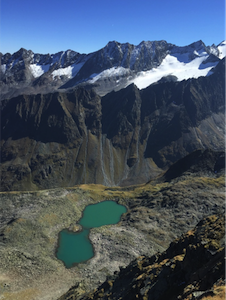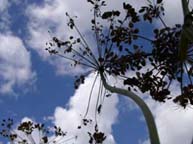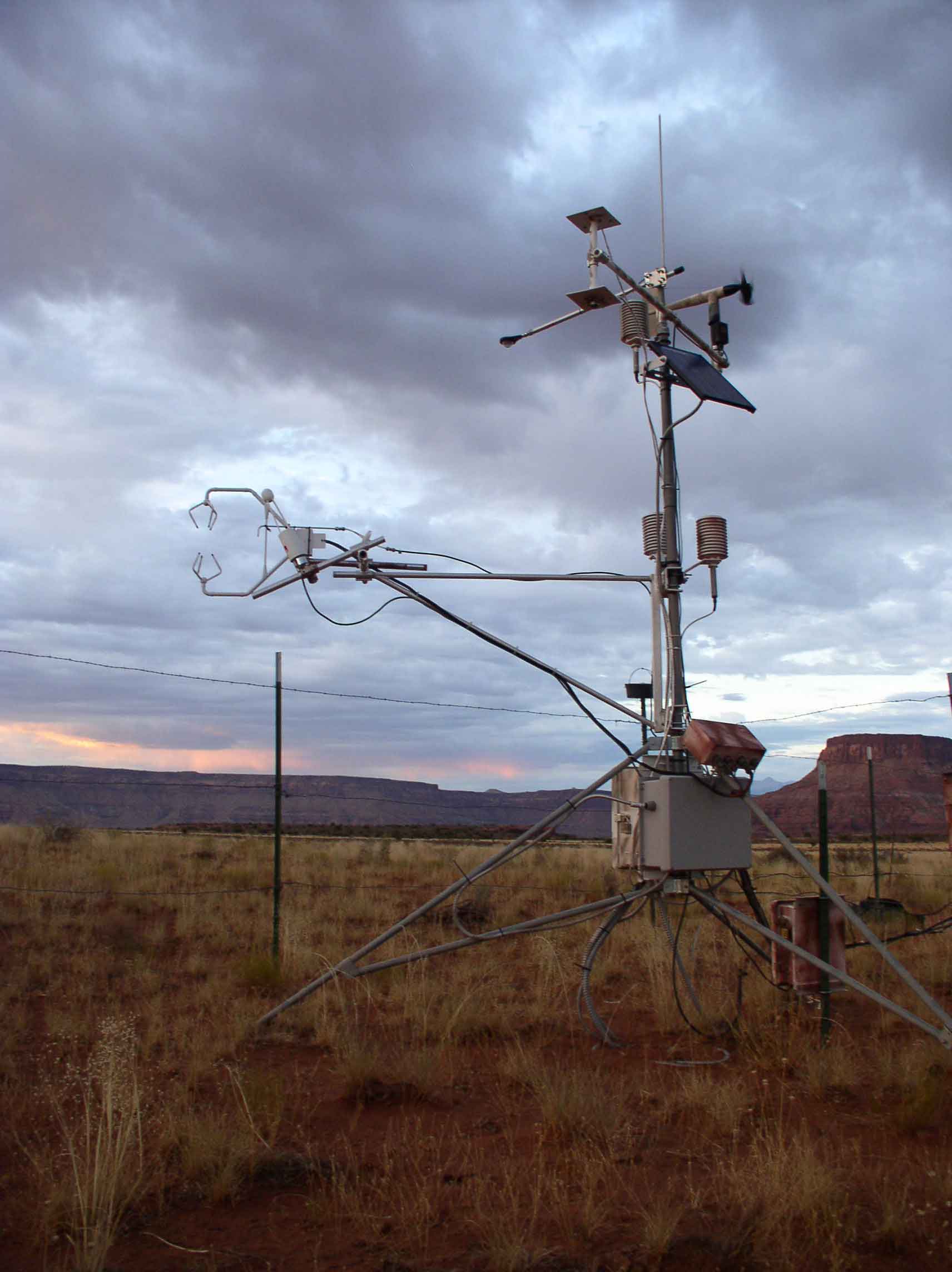Ecosystem Ecology BIOL 5490 (3h)
This lecture course examines the biological, physical, and chemical factors that control cycling of elements such as carbon, nitrogen, and phosphorus within terrestrial ecosystems. Elemental cycles are a critical component of ecosystem function and vital to the stability of ecosystem processes. Topics include the climate system, energy and water balance, carbon and nutrient cycling, plant and ecosystem production, soils and decomposition, trophic relations, fire ecology, land use change, and global biogeochemical cycles. It is recommended that BIOL 1210; BIOL 3510 or CHEM 3510; PHYS 2010 or 2110 or 2210 or 3210 be completed prior to or concurrently with taking this course.
Pre-requisites: CHEM 1220
(next taught fall 2017)
student feedback:
" I was amazed at how much i learned from this course. I didn't know a thing about ecology, yet this course was beyond approachable thanks to the amazing teacher, and great classroom environment."
" I really loved this class, mostly because I felt I learned a lot. The material was easy to follow and remember because of how great the professor is at teaching and engaging with the class. Though I was not great at participation in discussion days, I really enjoyed the chance to exchange ideas and opinions."
" This has been one of my favorite classes I have taken at the U. This class had a great atmosphere and encourage discussion."
Biophysical Ecology BIOL/ATMOS/GEO 5495 (4h)
This lecture and lab course examines the physical environment (light, wind, temperature, humidity) in which plants, animals, and soil organisms live, how the physical environment affects their physiological function, and how organisms in turn affect their physical environment. The course focuses on theory and methods relevant to examination of biological and ecological processes. Topics include radiative, heat, and energy balance of plants, animals, soils, and ecosystems, evaporation, transpiration, water transport through plants and soils, gas transport from leaves and through soils, boundary-layer phenomena, atmospheric structure and stability, atmospheric composition, and atmospheric transport of biological trace gases. The lab portion focuses heavily on programming and data analysis in MATLAB (no prior coding experience needed). It is highly recommended that PHYS 2020 or 2120 or 2220 or 3220 be completed prior to taking this course.
Pre-requisites (very important): MATH 1180 or 1220 or 1260 or 1320
(next taught fall 2018)
student feedback:
"Dr. Bowling was a very enthusiastic professor who was very well educated in everything he taught. He was comfortable letting us know when he didn't know the answer to the question and that made him very approachable. He was available for office hours as well."
"This class is easily one of the best/helpful classes I have taken as a student at the U. It gave me a better understanding of what biologist/ecologist is expected to do in a career setting. Dave teaches Matlab, which is a skill that scientists should have, but biology students generally lack. The course content was interesting and challenging enough so that lectures were stimulating."
"Dave is one of the best professors I have ever had. He is incredibly knowledgeable about the content he is presenting. His methods instill confidence in students. He presents you with problems, such as ..., that may be completely foreign to you. However, he does that so you discover that you can figure things out without a professor telling you what to do. I felt like this class prepared me for the real world more than any other class has. If you are planning on being any sort of ecologist, I would strongly recommend this class and professor."
Stable Isotope Biogeochemistry and Ecology BIOL 6473 (lecture,3h) 6475(lab,2h)
This intensive lecture and laboratory course treats the theory and practice of analyzing stable isotopes at natural abundance levels to address questions of ecological and environmental interest. The course is taught during two weeks in June each year by 12-15 scientists from the University of Utah and other academic institutions. Instructors and students come from all over the world. Enrollment is limited, and applications are accepted through mid-February. More information is available here.
(taught in June every year)
Environmental Instrumentation ATMOS 6050 - Graduate Level
Theory and procedures associated with applications of environmental instrumentation. In-class laboratory and field work designed to develop familiarity with techniques to observe the atmosphere and the earth's surface. Completion of a calculus-based physics course that includes fundamental electronic principles is required. Completion of ATMOS 5050 recommended. Taught by several faculty members.

Hydrology and Water Resources GEO 5650 - Graduate Level
This course covers water cycle dynamics from the atmosphere through groundwater, across spatial and temporal scales that span both research and application. Content has been developed by faculty from academic units across campus and is designed to provide a comprehensive foundation for students interested in any aspect of water availability, cycling, or quality. This is one of two core courses for the Graduate Certificate in Hydrology and Water Resources. Taught by several faculty members.




